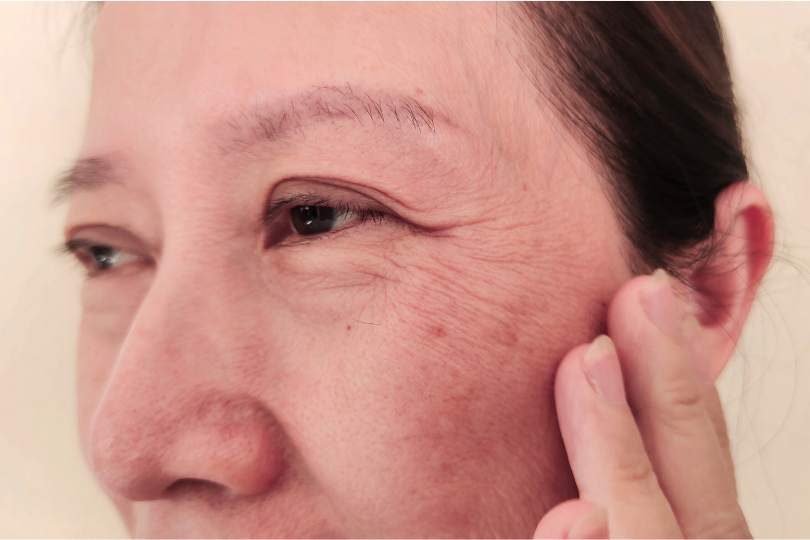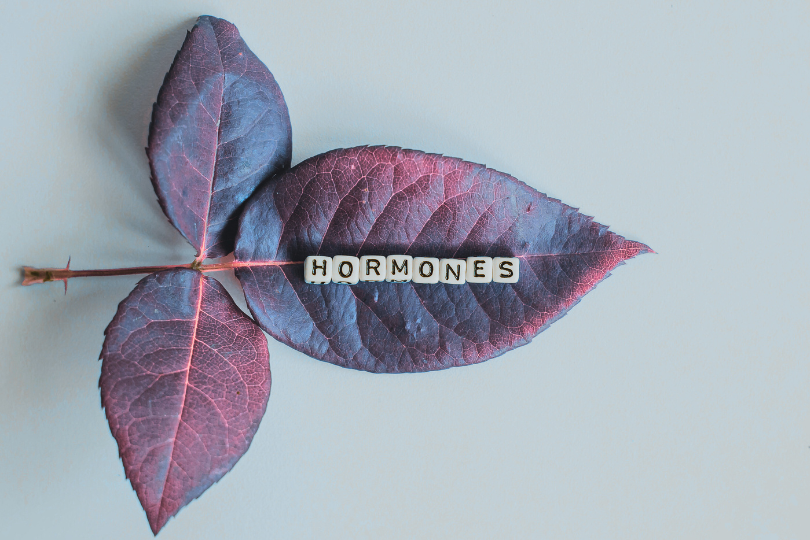Getting pregnant can feel a bit mysterious, but understanding when conception happens is key. When do you get pregnant? Is getting pregnant easy? It all revolves around ovulation—the time when your ovary releases an egg that can be fertilised. Let’s break it down in a way that’s easy to follow.
Ovulation is when one of your ovaries releases a mature egg, ready to meet sperm. This is the only time in your cycle when pregnancy can happen. Here’s why timing is so important:
To increase your chances of conception, it's ideal for sperm to be present in the reproductive tract before the egg is released. Since the egg’s lifespan is so short (12–24 hours), waiting until after ovulation to have intercourse often reduces the likelihood of fertilisation.
This means you have a small window—the fertile window—when conception is possible. Let’s take a closer look at how this works day by day.
This timeline assumes a typical 28-day menstrual cycle.
Day 1-5: Your Period Starts
Day 6-10: Preparing for Ovulation
Day 11-14: Ovulation Is Close
Day 14: Ovulation Day
Day 15-16: After Ovulation
Day 17-28: The Luteal Phase
Since ovulation timing can vary from person to person, tracking it is essential if you’re trying to conceive. Here’s how:
If you’re searching for an online fertility tracker, online options like the Taylor app is a good option for both period and ovulation tracking.
If your periods are irregular, pinpointing ovulation can be more challenging. Tools like cervical mucus tracking and BBT monitoring can provide clearer insights.
How Often Should You Try?
Once you’ve identified your fertile window, timing is key:
If sperm meets the egg during your fertile window, fertilisation happens. The fertilised egg (now called a zygote) travels to the uterus over 5-7 days and implants in the uterine lining, starting a pregnancy.
If you’re trying to get pregnant or having trouble tracking your cycle, speaking to a doctor can help you understand your body and guide you through the process. If you have already been timing intercourse according to the tips above and are seeking more clarity on your reproductive health, consider more in-depth evaluation like a fertility screening for couples.



If your routine suddenly feels out of step, it’s not your products, it’s your hormones. As estrogen begins to fall, the signals that keep skin strong and hydrated weaken. Dryness, breakouts, pigmentation, and slower healing start to appear, even with the same products you’ve always used. The good news: you can adapt. With smart everyday care (SPF, hydration, retinoids, vitamin C), lifestyle support (nutrition, sleep, stress), and medical options when needed (prescription treatments or hormone therapy), your skin can stay strong and healthy well into your 40s, 50s, and beyond.

Menopause isn’t just the end of periods. It’s the start of a new phase where lower estrogen levels can affect your bones, heart, brain, skin, and more. This guide breaks down what’s happening in your body and what you can do to stay strong and well after menopause.

No one talks about it, but perimenopause can hit in your 30s or 40s, and it’s not just about your period. Think brain fog, poor sleep, low libido. Here’s what to look out for and what you can do.